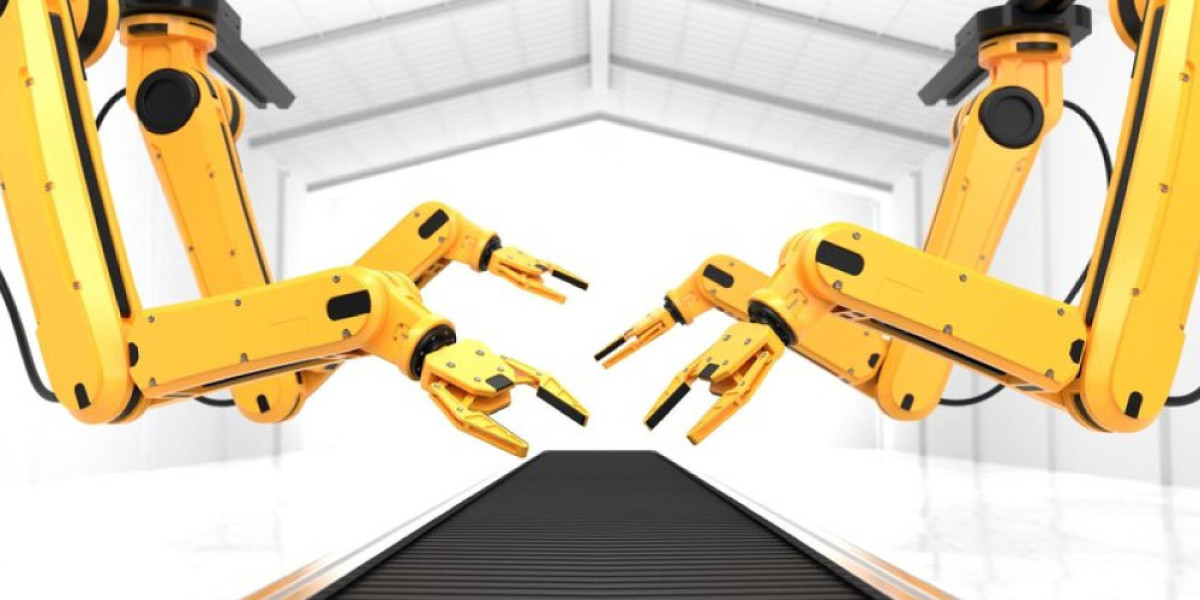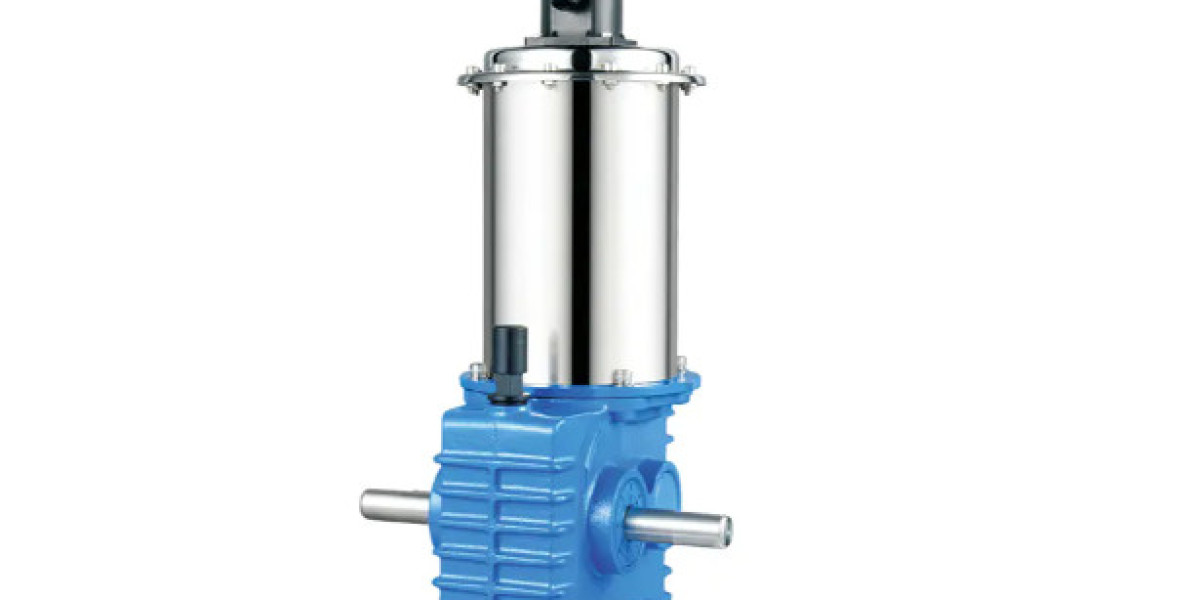As Per Market Research Future, the latest Industrial Vending Machines Market trends indicate a growing preference for automated solutions in inventory management. Companies are increasingly adopting vending machines to streamline their supply processes, reduce costs, and improve accessibility to tools and supplies. The integration of advanced technologies, such as cloud computing and IoT, is enhancing the capabilities of industrial vending machines, making them more efficient and user-friendly. These trends are expected to drive innovation and growth in the industrial vending machines market.
Industrial vending machines have become a critical component of modern manufacturing and logistics operations. These automated dispensers provide controlled access to tools, safety equipment, personal protective equipment (PPE), and consumables, streamlining inventory management and reducing operational waste. By integrating advanced software systems, industrial vending machines help organizations track usage patterns, optimize inventory levels, and minimize unauthorized access. In the US and other developed markets, these systems are widely adopted across automotive, aerospace, healthcare, and manufacturing sectors, contributing to enhanced operational efficiency and cost savings.
Key Market Drivers
The industrial vending machines market is driven by the increasing need for inventory control, operational efficiency, and workplace safety. Organizations are focused on reducing losses caused by unaccounted tools and materials, which can significantly impact productivity. The adoption of automated vending solutions provides real-time data analytics, enabling managers to forecast demand accurately, reduce overstocking, and minimize downtime. Furthermore, the rising emphasis on workplace safety and regulatory compliance encourages the use of controlled dispensing systems for PPE and safety equipment. The convergence of automation and data analytics is shaping the next generation of industrial vending machines, making them a vital investment for modern industries.
Market Segmentation and Product Types
Industrial vending machines are segmented based on product type, technology, and end-user industry. Product types include tool vending machines, PPE vending machines, and consumables dispensing systems. Tool vending machines are commonly used in automotive and aerospace industries to control access to high-value equipment. PPE vending machines ensure employees have access to gloves, helmets, masks, and other protective gear, supporting compliance with occupational safety regulations. Consumables dispensing systems manage items such as lubricants, fasteners, and cleaning supplies. Technology-wise, modern vending machines are integrated with RFID, IoT connectivity, and cloud-based software, allowing for remote monitoring, data analytics, and automated replenishment.
Technological Advancements and Innovations
The industrial vending machines market has been transformed by technology. IoT-enabled vending machines provide real-time inventory tracking and automated alerts for restocking. RFID and barcode systems ensure secure access and accurate usage tracking. Cloud-based software platforms allow managers to monitor multiple vending units across various locations, analyze consumption trends, and make informed procurement decisions. Some advanced systems also incorporate touchless dispensing mechanisms and biometric authentication, enhancing hygiene and security. These technological innovations not only improve efficiency but also contribute to cost reduction, better inventory management, and improved worker productivity.
Regional Insights and Industrial Applications
In the United States, industrial vending machines are widely adopted in manufacturing hubs and large-scale industrial facilities. Key end-user industries include automotive assembly plants, aerospace manufacturing units, hospitals, and distribution centers. Automotive and aerospace industries require precise tracking of tools and components, while healthcare facilities leverage vending machines for medical supplies and PPE management. Distribution centers use these systems for consumables and packaging material management. The combination of high-value equipment, safety compliance requirements, and operational efficiency drives demand for industrial vending machines across these sectors, establishing them as a strategic asset for organizations.
Challenges Facing the Market
Despite strong growth prospects, the industrial vending machines market faces challenges. High initial costs for advanced vending systems can be a barrier, particularly for SMEs. Integration with existing ERP and inventory management systems requires technical expertise, and maintenance of automated units can involve additional costs. Additionally, resistance to change among employees accustomed to manual inventory management may slow adoption. To address these challenges, vendors are focusing on user-friendly interfaces, scalable solutions, and offering comprehensive after-sales support to encourage wider acceptance of automated vending systems.
Future Outlook
The future of the industrial vending machines market appears promising, driven by increasing automation, smart manufacturing, and digitization trends. Advanced data analytics and predictive maintenance capabilities will help organizations further optimize inventory and reduce operational inefficiencies. Expanding applications in sectors such as pharmaceuticals, electronics, and renewable energy are expected to provide additional growth opportunities. Vendors are likely to focus on integrating AI-based analytics, cloud connectivity, and advanced security features to meet evolving industrial requirements. As organizations continue to prioritize cost reduction, safety, and operational efficiency, industrial vending machines will become increasingly indispensable.
FAQs
Q1: What are industrial vending machines used for?
They are used for dispensing tools, safety gear, consumables, and other industrial items while tracking usage and controlling inventory.
Q2: How do technologies like IoT enhance vending machines?
IoT allows real-time inventory tracking, automated alerts, remote monitoring, and data analytics for better decision-making.
Q3: What challenges exist in implementing industrial vending machines?
High initial costs, technical integration requirements, maintenance needs, and employee adaptation challenges are key concerns.
More Related Reports:
Aluminum Die Casting Machine Market Growth









